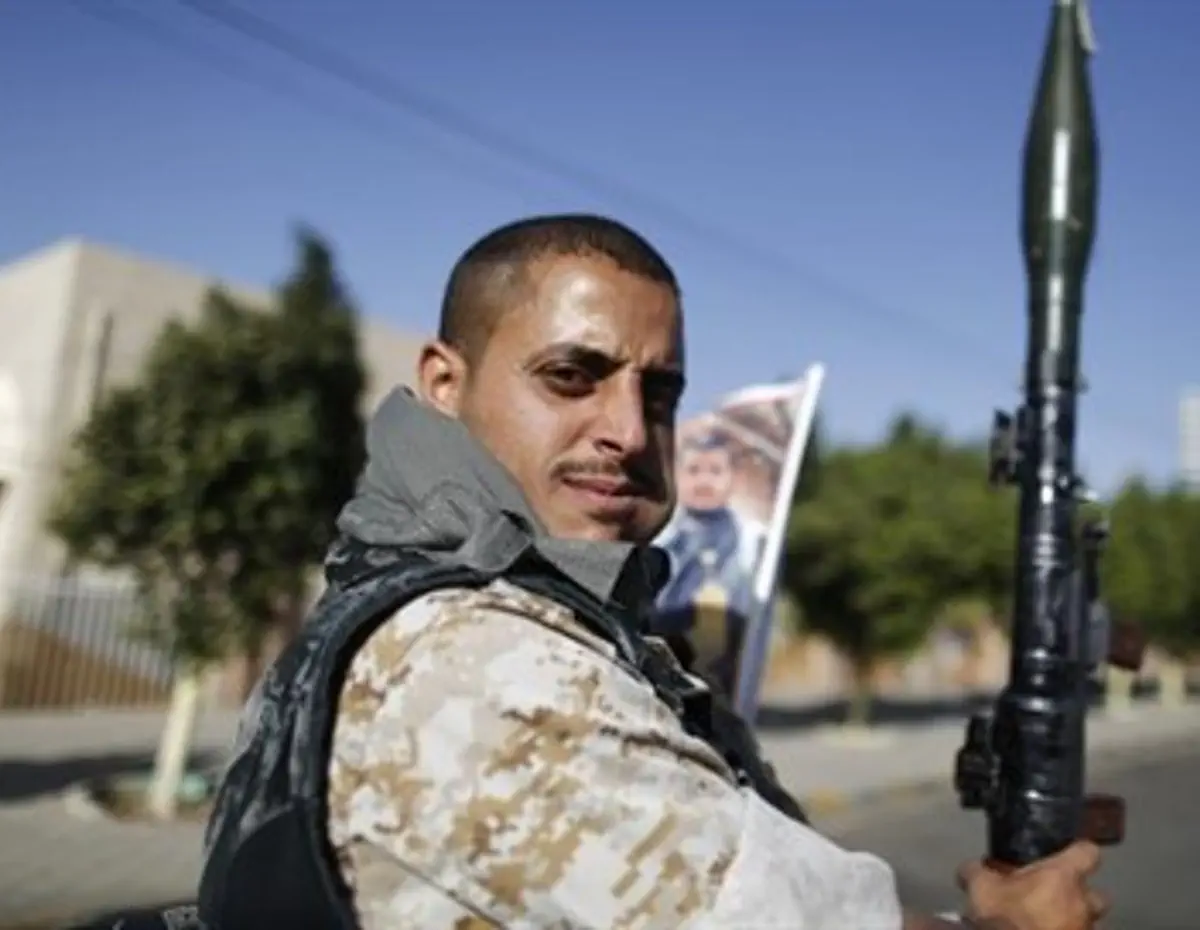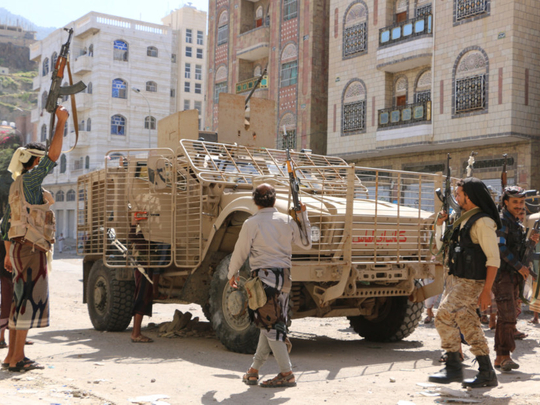Re: Regional geopolitics
Turkey to Deploy Over 2000 Soldiers to Iraq?
BY PAUL ANTONOPOULOS
DECEMBER 6, 2015 MIDDLE
Al-Masdar a few days ago reported that Turkey had violated Iraq’s territorial integrity by sending a few hundred troops to just north of ISIS’ de facto Iraq capital of Mosul.
It has now been reported in Turkish media circles that Erdogan is set to escalate the situation further by having in excess of 2000 soldiers from as little a couple hundred currently in Iraq.
Their role is supposedly to only train the Kurdish Peshmerga forces and Sunni Arab militias fighting ISIS.
There has been no coordination with Baghdad who denounce Turkish military violations.
This could be in response to help bolster Peshmerga forces as Russia supports rival YPG forces in Syria.
This is a tense situation as Turkey two weeks shot down a Russian jet that had allegedly violated Turkish airspace for as little as 17 seconds.
=====
And here's BBC version:
Iraq threatens Turkey with UN action over troop deployment
BBC
Iraq has threatened to go to the UN if Turkey does not withdraw soldiers it sent to areas near the northern Iraqi city of Mosul within 48 hours.
Baghdad said the deployment was done without consultation and was a violation of national sovereignty.
Turkish Prime Minister Ahmet Davutoglu defended the move as routine troop rotation at a pre-established camp.
Mosul has been under the control of militants from the so-called Islamic State group since last year.
Turkey deployed hundreds of its forces to the town of Bashiqa to train Iraqi Kurdish forces fighting IS.
"Iraq has the right to use all available options, including resorting to the UN Security Council if these forces are not withdrawn within 48 hours," Prime Minister Haider al-Abadi said in a statement.
Mr Davutoglu wrote to Mr Abadi promising not to send further troops but stopped short of agreeing to a withdrawal.
Turkey enjoys close relations with autonomous Kurdish regions in Iraq, although it views Syrian Kurdish groups over the border as hostile, analysts say.
The fall of Mosul was a key moment in the rise of IS and a Iraqi government offensive to retake the city has been repeatedly put back.
Originally posted by Vrej1915
View Post
BY PAUL ANTONOPOULOS
DECEMBER 6, 2015 MIDDLE
Al-Masdar a few days ago reported that Turkey had violated Iraq’s territorial integrity by sending a few hundred troops to just north of ISIS’ de facto Iraq capital of Mosul.
It has now been reported in Turkish media circles that Erdogan is set to escalate the situation further by having in excess of 2000 soldiers from as little a couple hundred currently in Iraq.
Their role is supposedly to only train the Kurdish Peshmerga forces and Sunni Arab militias fighting ISIS.
There has been no coordination with Baghdad who denounce Turkish military violations.
This could be in response to help bolster Peshmerga forces as Russia supports rival YPG forces in Syria.
This is a tense situation as Turkey two weeks shot down a Russian jet that had allegedly violated Turkish airspace for as little as 17 seconds.
=====
And here's BBC version:
Iraq threatens Turkey with UN action over troop deployment
BBC
Iraq has threatened to go to the UN if Turkey does not withdraw soldiers it sent to areas near the northern Iraqi city of Mosul within 48 hours.
Baghdad said the deployment was done without consultation and was a violation of national sovereignty.
Turkish Prime Minister Ahmet Davutoglu defended the move as routine troop rotation at a pre-established camp.
Mosul has been under the control of militants from the so-called Islamic State group since last year.
Turkey deployed hundreds of its forces to the town of Bashiqa to train Iraqi Kurdish forces fighting IS.
"Iraq has the right to use all available options, including resorting to the UN Security Council if these forces are not withdrawn within 48 hours," Prime Minister Haider al-Abadi said in a statement.
Mr Davutoglu wrote to Mr Abadi promising not to send further troops but stopped short of agreeing to a withdrawal.
Turkey enjoys close relations with autonomous Kurdish regions in Iraq, although it views Syrian Kurdish groups over the border as hostile, analysts say.
The fall of Mosul was a key moment in the rise of IS and a Iraqi government offensive to retake the city has been repeatedly put back.








Comment